9 questions to ask about your finances
Get a reality check on your bottom line, and learn how to increase your financial stability.

Some people stress unnecessarily about money when they’re in great financial shape, while others have a devil-may-care attitude and spend without preparing for the future. Lots of people fall somewhere in between. Whatever your approach, it’s important to take a periodic look at your overall financial picture to see how you’re really doing.
The first thing is to ask yourself how you feel about your finances. Do you worry about making ends meet every month? Are you afraid to buy even small items because you don’t know if you have enough to pay for them? Do you feel like you are slipping behind every year instead of getting ahead? Money-related stress can take a serious toll on your health. Or are you confident in the way you manage your money and view it as a resource that helps you live your life the way you want?
Considering how you feel about your finances is a start. But to really determine how you’re doing you must look at all the basic areas of your financial health. Answering these questions can give you a quick snapshot of how you’re doing with managing money.
Sally Herigstad is a certified public accountant, personal finance expert and author of Help! I Can’t Pay My Bills: Surviving a Financial Crisis.
Medically reviewed in January 2020.
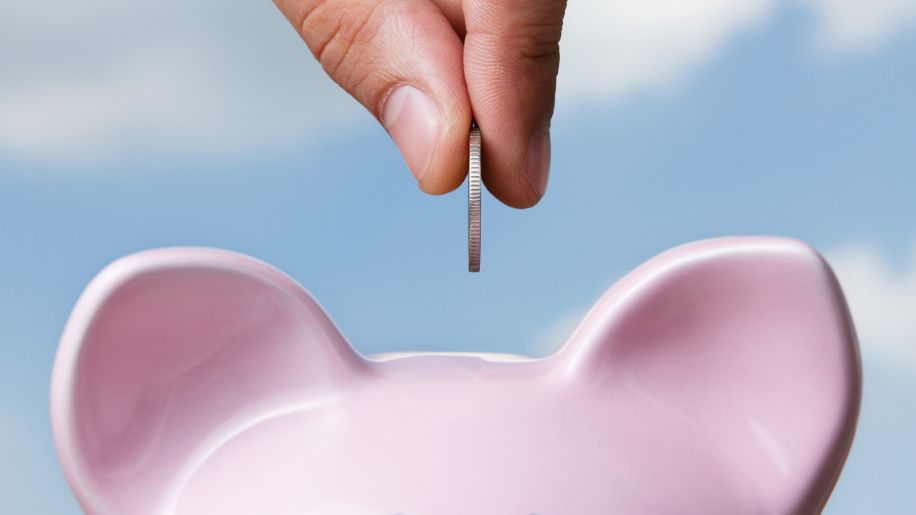
ARE YOU SAVING ON A REGULAR BASIS?
If you’re spending as much as you make, you might be getting by but you’re not getting ahead. To reach any financial goals and to be prepared for what life may have in store you need to be save money every month. Even saving $20 per month, if that’s all you can afford, can put you more in control of your finances—and start a lifelong habit of saving.

DO YOU HAVE AN EMERGENCY FUND?
Emergencies happen to everyone. The car breaks down, someone gets sick, or you have a gap in employment. Make sure you’re ready.
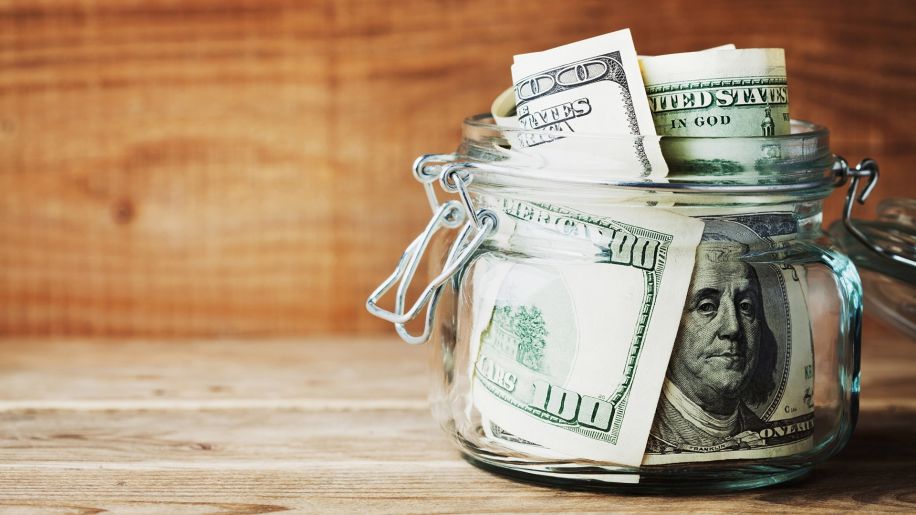
DO YOU HAVE A RESERVE FUND?
Besides an emergency fund, you should have a reserve fund for replacing items that wear out, paying property taxes (if they’re not included in your mortgage) and other predictable, large expenditures. A reserve fund is also the place to set aside money for holiday gifts, birthdays and vacations.
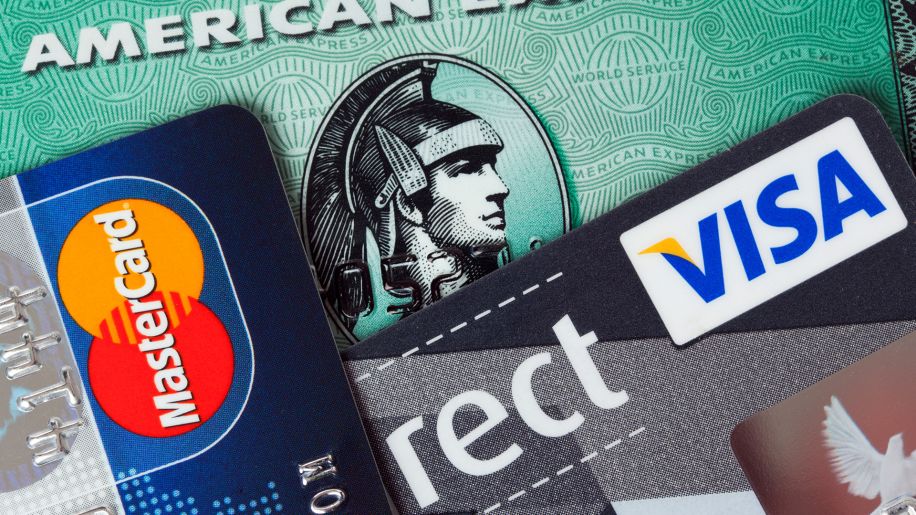
HOW MUCH DEBT DO YOU HAVE?
Credit card and other consumer debt is a drain on your financial health. The best thing you can do if you’re carrying a balance and paying interest every month is to pay off your credit cards. Then, to stay out of debt, avoid spending money you don’t have—whether it’s for a new TV or new clothes—until you’ve saved up the money to pay for it.
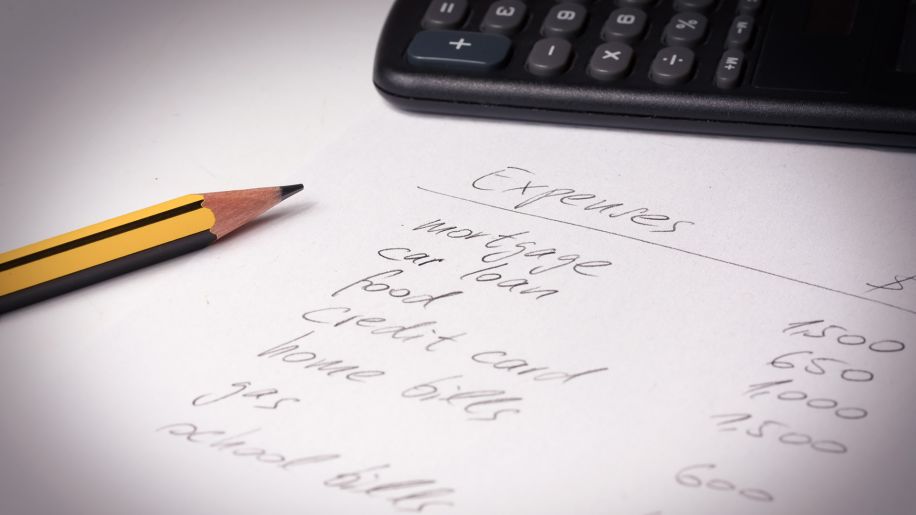
DO YOU HAVE AN INCOME AND SPENDING PLAN?
Trying to control your finances without an income and spending plan—aka a budget —is like driving blindfolded. You’d be surprised how many people have no idea what they spend on basics like groceries or eating out. You don’t need to account for every penny, but you do need to know how much money you have coming in and where it is going.

DO YOU HAVE A PLAN FOR RETIREMENT?
Just having a 401(k) or similar plan is not enough. Make sure you know how much income you need in retirement and how you plan to achieve it by the time you reach retirement age.

WHAT’S YOUR CREDIT HISTORY AND SCORE?
Your credit history and score is what potential lenders and others consider when they need to make financial decisions about you. You'll need a good credit score to get a mortgage, rent an apartment, and sometimes even get a job. Don’t wait until you need a good score to keep an eye on your credit report and keep it clean.

WHAT’S YOUR NET WORTH?
Make a list of your assets, such as your house, car, retirement and savings accounts and cash. Make another list of your debts, including your mortgage, credit cards, student loans and other debts. Your net worth is simply the total value of all your assets, minus your debts.
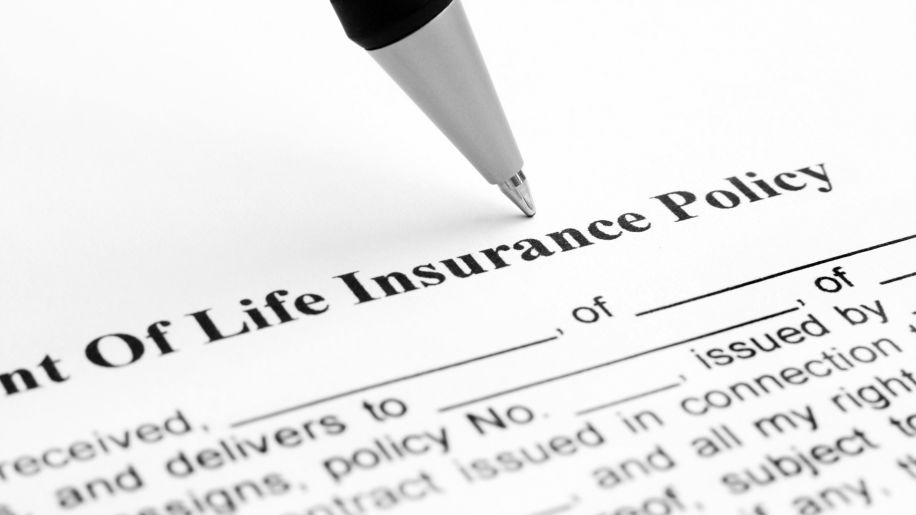
DO YOU HAVE ADEQUATE LIFE INSURANCE?
Life has a way of throwing us curveballs—and some can have a devastating effect on your family’s financial wellbeing. How much life insurance you need varies depending on your circumstances. As a general rule of thumb, if there are people dependent on you for your income or care, whether it’s children or aging parents—the more you will need. Comparing the various types of life insurance policies and choosing one that fits your budget and needs is a final step in securing your family’s financial future.
Money isn’t everything. But if you have enough to feel secure and live the life you want, enjoy the fact that you’re on the right track—or that you’re taking the steps needed to get there.
Featured Content

slideshow

article

slideshow

slideshow
